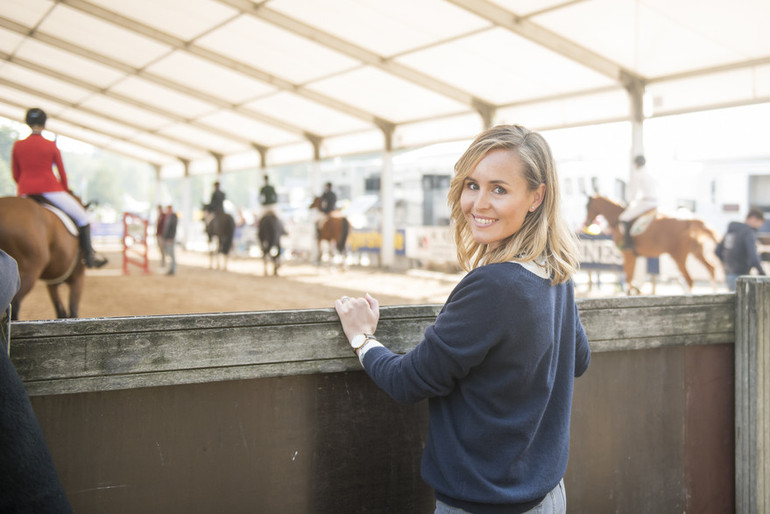Annette Paterakis - The Equestrian Mental Coach
With a background in the showjumping sport and 10 years of experience as a mental coach, Annette is specialized in helping equestrians create a confident, consistent and powerful life in and outside the ring.
“The athletes I work with have everything they need to succeed, I help them find the missing link to translate their potential into powerful results.”
Annette is the author of Keep Calm & Enjoy The Ride and will be releasing her second book later this year.
In the series 'The Equestrian Mental Coach', Annette will be sharing her knowledge with World of Showjumping's readers.
For more information, please visit: www.annettepaterakis.com.
Most people who reach out to me have a lot in common. They are very hard working, ambitious, driven, organised, willing to do anything to succeed, slightly controlling and detail oriented. They often describe themselves to me as type-A perfectionists. There are advantages and disadvantages to being a perfectionist in the saddle. The advantages are plenty, these riders are organised, on time and they get things done. However, if you are a perfectionist yourself or are training one, you probably already know what the downsides are. Let’s explore how to use this drive and make it work for you instead of against you.
1. Overthinking instead of feeling
Type-A personalities love to think ahead, prepare as best they can, make plans and lists. However, all this thinking may come at a cost. Because the most important skill for an equestrian is their ability to tune into the horse, connect and feel what’s happening underneath them. When constantly (over)thinking and planning for the future, it’s hard to switch off and just feel in the present moment when riding. Another disadvantage of all this thinking is that certain instructions from a trainer or parent tend to be over-analysed. Aiming to remember the information to execute perfectly during the upcoming show often leads to over doing it and again, thinking instead of feeling. The answers you are looking for are not going to all come from your mind. Yes, preparation and reflection are important, but when on the horse its crucial to let all that go and just be present and feel.
2. Self-doubt and worry instead of trust
Similarly, perfectionists often worry about their performance and results. This comes from an attachment to getting a certain outcome. If this outcome is not achieved, it creates frustration and disappointment. This in turn adds a lot of pressure to do well and “prove” talented or at least good enough. When the inevitable mistakes arise, self-doubt kicks in. Therefore, instead of aiming to control everything, or zooming in on the problem when things don’t go as planned, take a step back, breathe and get out of your head. Now tune into trust, trust yourself and your horse. If you tune in enough, you will feel what the horse really needs.
3. Focus on not making mistakes instead of riding great
All this overthinking, worrying and self-doubt leads to a constant aim to not make any mistakes. Then, the moment the pressure is on and things don’t go exactly as planned, this fear of failure ignites stress and nerves that make the rider pull, circle or freeze. Know that it’s not your nerves that make you ride badly, it’s your thoughts about it. So stop thinking and instead, keep feeling, trusting and above all keep enjoying the ride regardless of the results.
No reproduction without written permission, copyright © Annette Paterakis









